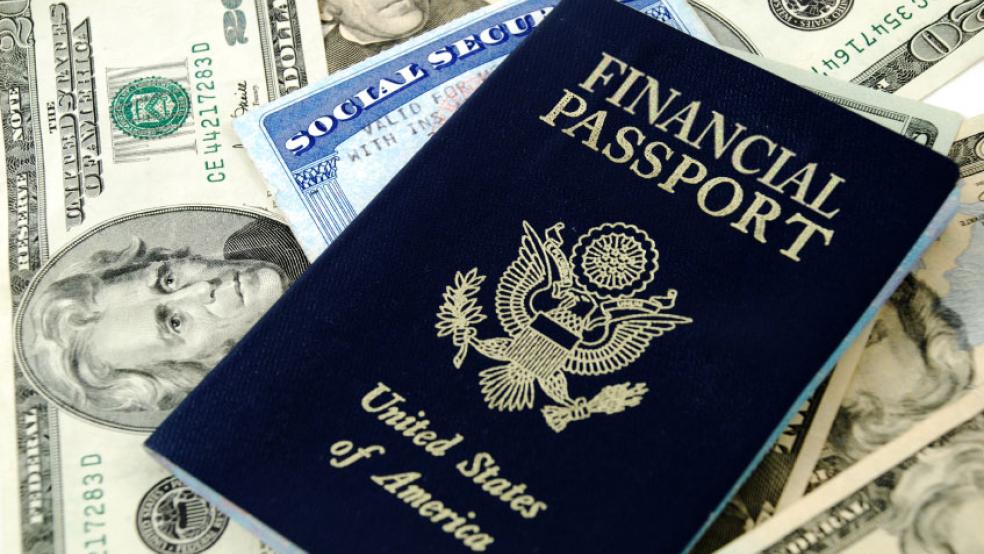Whether you’re purchasing a home or refinancing an existing loan, applying for a mortgage is tedious and intrusive. It usually requires digging out a multitude of documents, from paycheck stubs and tax returns to bank account statements and tax returns, sometimes more than once if the process is taking longer than it should.
It’s actually so cumbersome that many have referred to it as a “financial colonoscopy.”
Related: 6 Smart Ways to Get Ahead of Rising Interest Rates
To ease the burden, Fannie Mae, one of the government-sponsored enterprises that purchases mortgages in the secondary market and an entity that was at the epicenter of the subprime mortgage crisis and eventually bailed out by the government in 2008, is working toward making your life easier when you apply for a mortgage.
Their solution: a financial passport.
Fannie Mae’s Advancing eMortgage Innovation Challenge Team recently proposed the creation of an online employment and financial profile that a borrower could share electronically with a lender. The idea is still in its infancy but it sounds promising.
Instead of spending hours collecting the documents and then having to fax, email, mail or hand them to the lender, you would simply contact the entity handling your financial passport—most likely a third party—and ask them to send all the necessary documents to the appropriate person.
There are several advantages to the financial passport:
- It could reduce fraud. “Having all of the borrowers’ financial data electronically available in one place would make for easier detection of fraudulent behavior or reckless spending by people who try to obtain home loans,” according to Fannie Mae.
- As compliance demands from regulators increase, such a service would streamline and speed up the loan application process.
- It could save the industry money. It’s hard to put an exact figure on how much borrowers’ financial passports would save, but Fannie Mae has previously noted that creating a paperless mortgage process—which goes beyond just a financial passport—would save the industry roughly $1 billion a year.
There are also some downsides:
- Consumers might not be fully comfortable with having a third party handling all their financial information, especially in the light of the numerous cyber attacks that have put sensitive data at risk. Security and privacy concerns are still high in the mind of consumers.
- Many unanswered questions remain. For instance, it’s not clear yet what type of entity would provide a financial passport. It could be a public service, or it might be better handled on the private side by a credit reporting agency or a service similar to Mint.com, which already helps consumers compile all their financial information in one place.
Related: Housing Recovery Leaves Millennials Out in the Cold
Like with the rest of our lives, it’s inevitable that the mortgage application process will go digital, especially as more millennials start purchasing their first homes. After all, 88 percent of U.S. Internet users between 18 and 34 already use online banking to pay monthly bills, make deposits and withdraw money, according to a March study by TD Bank.
Applying for a mortgage electronically seems like the next logical step.
Top Reads from The Fiscal Times:
- 10 Affordable Housing Markets—On the Beach!
- The Big Fat Lie We’ve Been Fed About Our Diet
- OMG, a Foreclosure on the Swankiest Road in the Hamptons!





